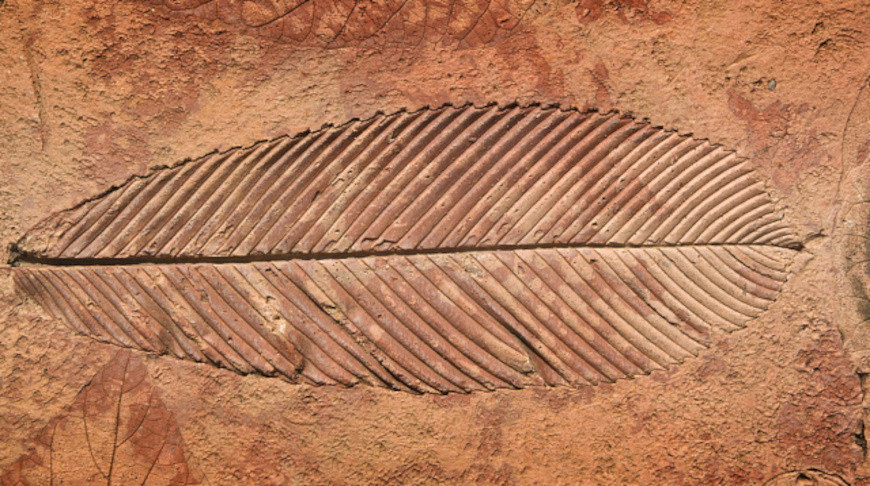
Photo: iStock
MOSCOW, 25 June (BelTA - TV BRICS) - Palaeobotanists have uncovered
24 million-year-old fossilised leaves in Assam’s Makum Coalfield,
establishing an ecological connection between Northeast India and the
Western Ghats. The discovery sheds light on the region’s prehistoric
tropical climate and biodiversity, as reported by News9, a partner of TV
BRICS.
The fossilised leaves bear a close resemblance to the extant genus Nothopegia, a group of flowering plants now restricted to the Western Ghats, a recognised biodiversity hotspot. Experts believe that this genus, which once thrived in the tropical ecosystems of ancient Northeast India, serves as evidence of past species migration driven by major climatic and geological shifts.
Using the advanced programme, the scientists reconstructed the palaeoclimate of the late Oligocene epoch (approximately 24 million years ago), revealing that the Makum region experienced warm, humid conditions similar to those of the present-day Western Ghats. These findings suggest that the area once supported dense tropical vegetation, which gradually declined as the region’s climate transformed due to tectonic activity.
A study supported by India's Ministry of Science and Technology highlights the vulnerability of biodiversity refuges in the face of modern climate change. It warns that more than 60 per cent of tropical endemic species could be threatened with extinction in the near future. Strong conservation measures are needed to protect endemic plant species. Indian experts are already working on measures to be taken, the source claims.
The fossilised leaves bear a close resemblance to the extant genus Nothopegia, a group of flowering plants now restricted to the Western Ghats, a recognised biodiversity hotspot. Experts believe that this genus, which once thrived in the tropical ecosystems of ancient Northeast India, serves as evidence of past species migration driven by major climatic and geological shifts.
Using the advanced programme, the scientists reconstructed the palaeoclimate of the late Oligocene epoch (approximately 24 million years ago), revealing that the Makum region experienced warm, humid conditions similar to those of the present-day Western Ghats. These findings suggest that the area once supported dense tropical vegetation, which gradually declined as the region’s climate transformed due to tectonic activity.
A study supported by India's Ministry of Science and Technology highlights the vulnerability of biodiversity refuges in the face of modern climate change. It warns that more than 60 per cent of tropical endemic species could be threatened with extinction in the near future. Strong conservation measures are needed to protect endemic plant species. Indian experts are already working on measures to be taken, the source claims.













